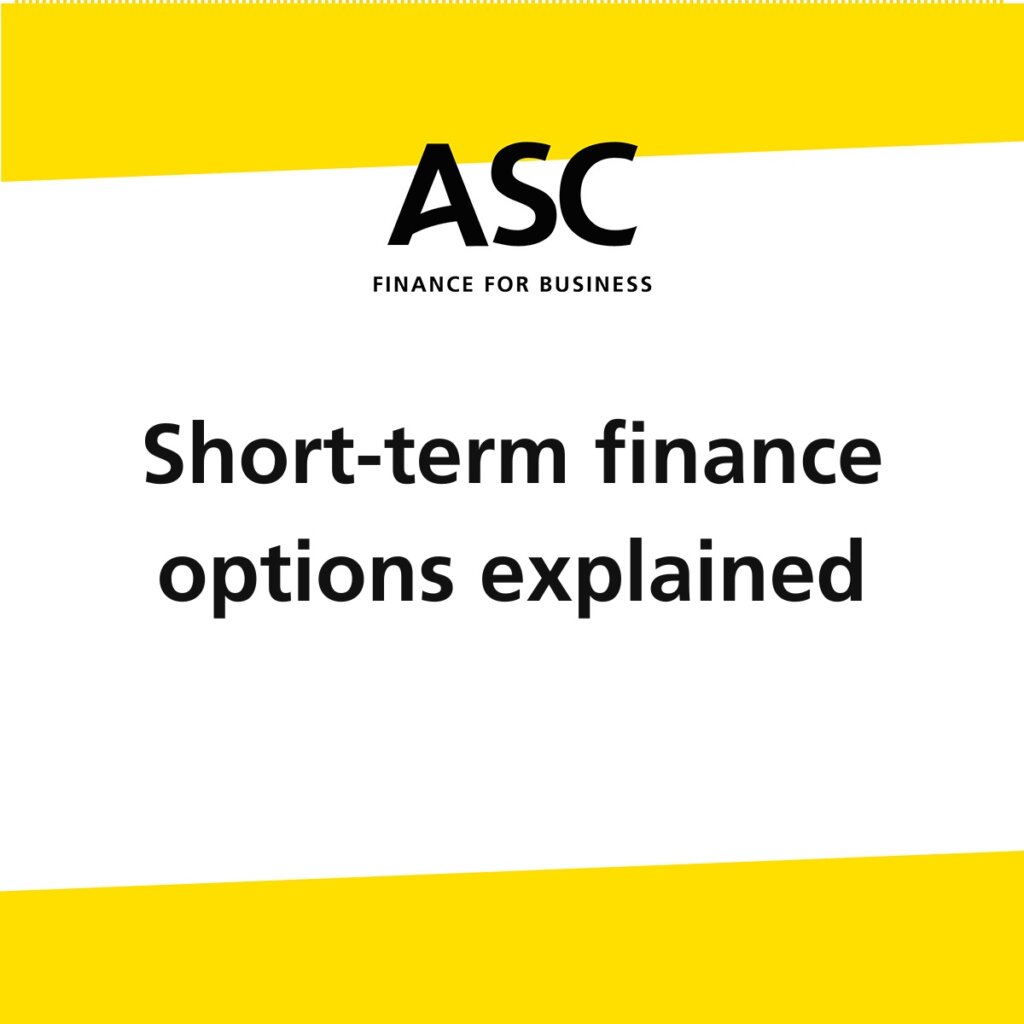There are many instances when your business may require short-term finance. Perhaps you might need to cover an unexpected large expense such as new equipment or require help to manage cash flow fluctuations. Whatever the reason, it helps to understand your short-term finance options.
Short-term financing is usually for working capital purposes and has a short repayment period. These options are often more expensive than longer-term arrangements but can provide quick access to funds.
Here are some common short-term business finance options:
Short-term business loan: This type of loan provides a lump sum amount repaid over a short period, usually within two years or less. Short-term loans are typically easier to qualify for and have faster approval times than long-term loans. They can be used for various purposes, such as purchasing inventory, financing a project, or covering unexpected expenses.
Invoice financing or factoring: Invoice financing involves selling your outstanding invoices to a lender at a discounted rate. The lender advances a percentage of the invoice amount upfront, typically around 80-90%, and collects the total amount from your customers. This option provides immediate cash flow as you’re not waiting on your debtors to pay.
Business line of credit: A line of credit allows businesses to borrow funds up to a predetermined limit. It provides flexibility as you can withdraw funds as needed and only pay interest on the amount borrowed. It’s suitable for managing day-to-day expenses or handling short-term cash flow fluctuations.
Business credit card: A business credit card can be used for making purchases, paying suppliers, or covering small expenses. If the balance is paid in full by the due date, there’s no interest to pay. However, interest rate charges can rack up if it takes a long time to clear the outstanding balance on the card.
Business overdraft: An authorised overdraft facility on a business bank account could
tide you through a short-term cash flow shortage. It can be one of the more quick and straightforward options.
These are just a few examples of short-term business finance options. Each option has advantages and considerations, so it’s essential to evaluate your business’s specific needs, repayment ability and cost-effectiveness of the finance before deciding. Consulting with a financial professional can also help you make an informed decision.



